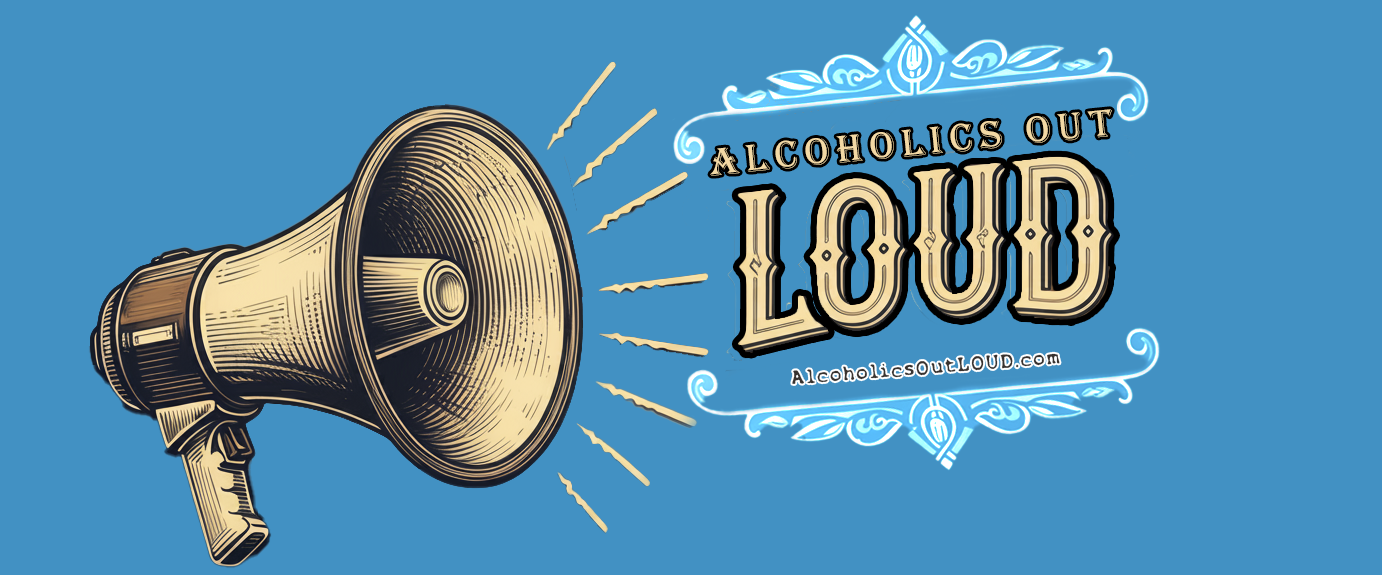One of the hardest parts of the recovery journey is realizing that not everyone is ready to walk the same path as you. When you make the life-changing decision to get sober, you may find that some of your closest friends remain trapped in addiction. This can be heartbreaking and emotionally exhausting, but it’s an important part of protecting your sobriety and well-being. Here’s how to cope with the painful loss of friends who refuse to get clean.
1. Accept That You Cannot Control Others
One of the most challenging lessons in recovery is learning that you can’t force someone to change. No matter how much you care for your friends or how much you want them to experience the freedom of sobriety, the decision has to come from them. Acceptance is key to preventing resentment and guilt.
2. Grieve the Loss
It’s okay to mourn the friendships that fade away due to addiction. The people you once shared laughter and memories with may no longer be a part of your life, and that hurts. Allow yourself to process these emotions in a healthy way—through journaling, talking to a sponsor, or seeking professional support.
3. Set Healthy Boundaries
Maintaining friendships with people who are still using can put your own sobriety at risk. It’s crucial to set firm boundaries and recognize when a relationship is no longer serving your well-being. If their behavior is triggering or toxic, it may be time to step back for your own mental and emotional health.
4. Find a Supportive Community
Letting go of old friendships doesn’t mean you have to be alone. Seek out new, supportive relationships with people who understand and respect your sobriety. Attend recovery meetings, join sober social groups, or engage in activities that align with your new lifestyle.
5. Remember the Reasons You Chose Sobriety
When you start feeling the weight of loss, remind yourself why you chose to get clean in the first place. Write down the positive changes you’ve experienced, the goals you’ve set, and the future you’re building. Focusing on your progress will reinforce your commitment to a better life.
6. Be an Example, Not a Savior
While you can’t force your friends to get sober, you can inspire them by showing how much your life has improved. Sometimes, the best way to help is simply to live your truth. If they ever decide to seek help, they’ll know you’re someone who understands their struggle.
7. Practice Self-Compassion
It’s easy to feel guilty for leaving old friends behind, but you must prioritize your well-being. Understand that choosing sobriety is an act of self-love, not betrayal. You deserve a life free from addiction, even if it means letting go of relationships that no longer support your growth.
8. Seek Professional Support if Needed
Losing friendships can bring about deep emotional wounds. If you’re struggling to process these feelings, consider speaking with a therapist, counselor, or recovery coach. Having professional guidance can provide tools to navigate grief, loss, and emotional distress in a healthy way.
Final Thoughts
Walking away from friends who refuse to get clean is a painful but necessary part of recovery. It’s not about abandoning them—it’s about protecting yourself and your future. Remember, your journey to sobriety is about embracing a healthier, happier life. Stay focused on your growth, surround yourself with positivity, and trust that with time, you will build stronger, more fulfilling relationships.

